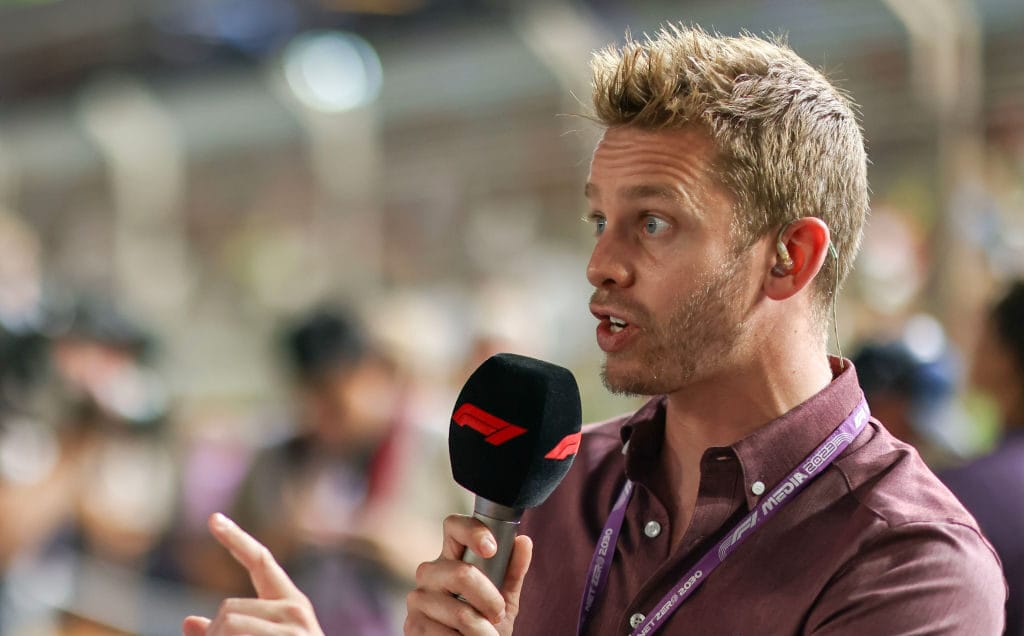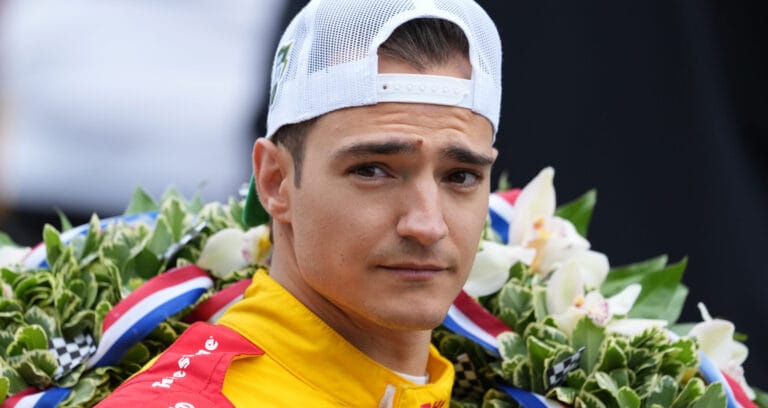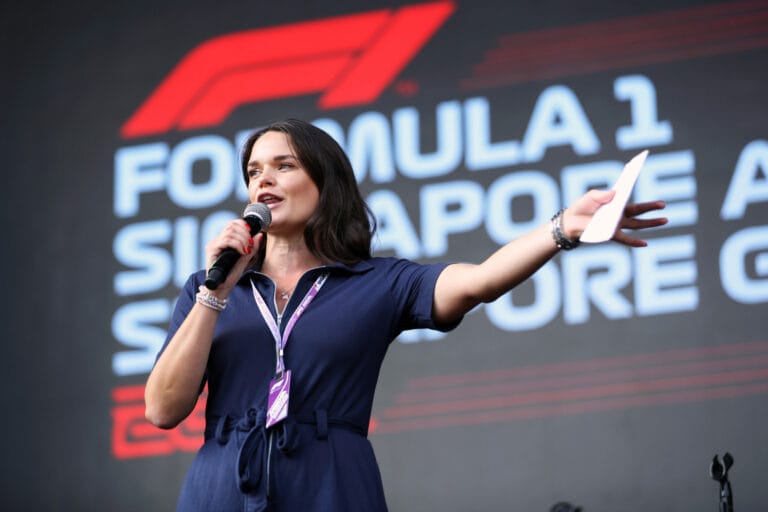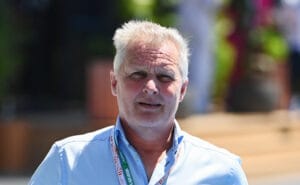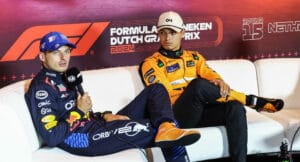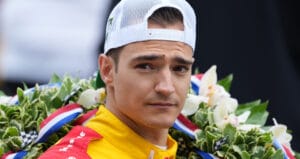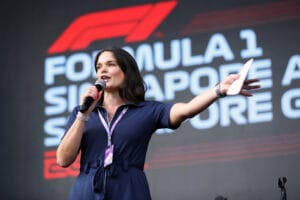One of the most enjoyable moments for a reporter during a Formula 1 weekend is the glimpse of the grid just before the start of a race. Regardless of the number of races you’ve already covered, being amidst the drivers, engineers, cars, and local celebrities still makes you feel a bit like a kid in a candy store.
There’s rarely any news to be found, perhaps just a quote or a nice photo. But around you, you can feel the excitement and adrenaline building in everyone as the climax approaches. For our television colleagues, it’s always a challenge to deliver their final reflections amidst the chaos on the grid and conduct brief interviews with the key players. Journalism is a craft, as is proven time and again. Some master the art better than others.
No, I won’t name names. I’ve always disliked it when colleagues measure each other up. It’s essentially not done, an unwritten rule that most in the paddock thankfully adhere to. However, I must get something off my chest from this position – without wanting to make it personal – F1 TV.
Ever since respected colleague Will Buxton left Formula 1 for IndyCar, the Formula One Management’s own TV channel has been on a rapid decline. Buxton always handled the gridwalk for every race and knew how to ask relevant questions to relevant people. F1 TV has been struggling with his succession since his departure.
British Dominance
In the Formula 1 world, there has been an ongoing discussion about British dominance. Not on the track, but particularly in the paddock where British media are overrepresented. This is not surprising given the British roots of the sport, but there is also something else going on.
The sport is globalizing, but the FIA press conferences and its own TV channel have a distinctly British signature. With the exception of Canadian and six-time IndyCar winner James Hinchcliffe, the extensive regular line-up of F1 TV consists solely of Brits. It’s no wonder it’s jokingly referred to as Sky 2.0. Recently, I saw Alex Brundle (photo) wandering among the cars with a microphone again. Indeed, the son of Martin Brundle. Ruth Buscombe, former strategy engineer at Stake F1, also got a chance to try her hand at this role. It’s great that both are given the opportunity to showcase their skills in other areas, but whether they immediately deserve a global platform is questionable.
Emotionally, F1 TV is increasingly resembling a British clique and has little to do with (independent) journalism. Answers to questions are almost standardly assessed by the questioner themselves: ‘Great stuff‘. ‘Fascinating‘. In practice, this often falls short…
Viaplay
In other words, Will Buxton is sorely missed. And a structural foreign input would not be a luxury for a streaming service with a global reach. Think of outspoken and colorful figures like Davide Valsecchi (now an occasional guest), Jacques Villeneuve or, for example, Giedo van der Garde.
That brings me straight to Viaplay. The channel sometimes receives criticism in the Netherlands, partly due to technical failures or the price of the subscriptions. However, there is little wrong with the way the programs are filled. Tastes obviously differ, but the commentary during the sessions, the questions on the grid and in the paddock, as well as the analyses from the studio in Hilversum, always have a journalistic approach.
And the latter is certainly worth a compliment in these times. Great stuff, as they would say at F1 TV.


